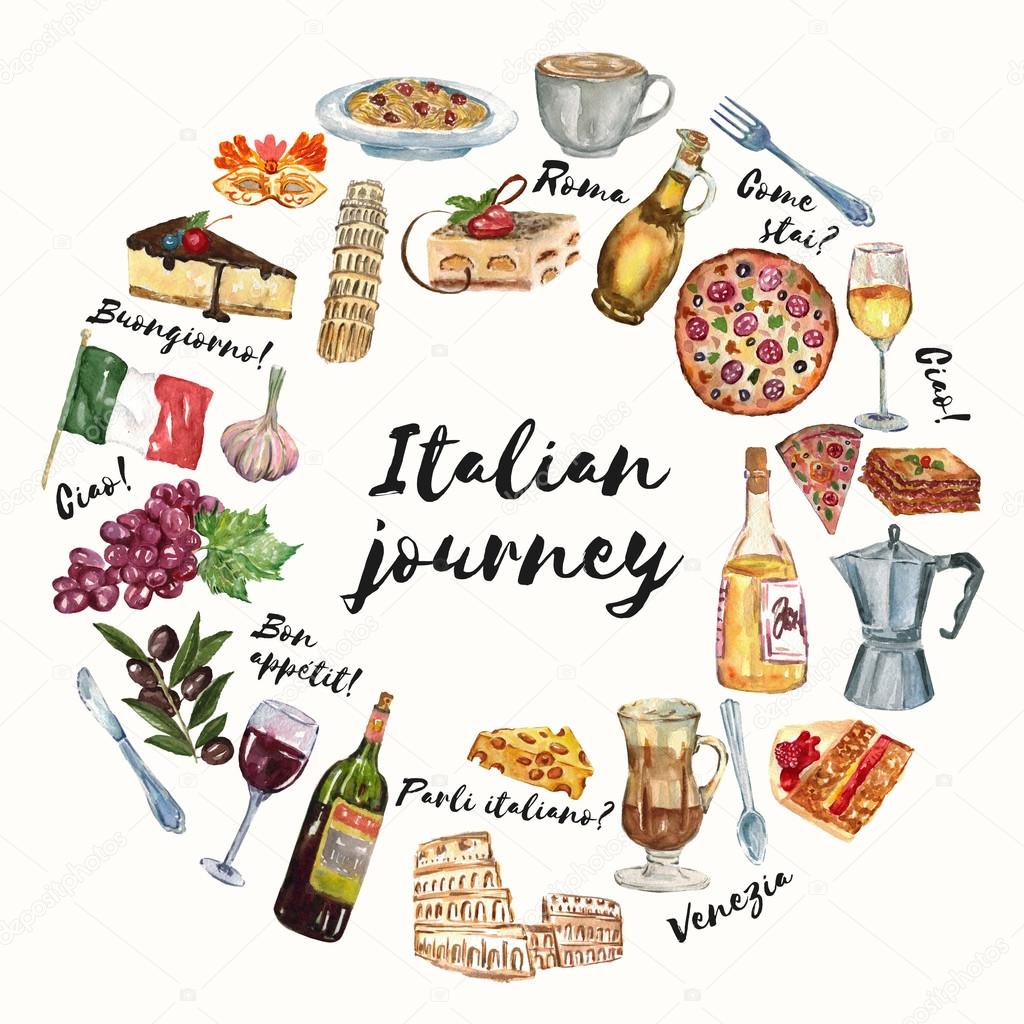Literature is as old as speech. It grew out of human need for it and it has not changed except to become more needed.
“Literature is as old as speech. It grew out of human need for it and it has not changed except to become more needed.”
John Steinbeck
Some years ago in school, there was a Speech Competition in which I participated from my class. We had to learn an existing speech and recite it. My teacher put me up from my class because of my good oratory skills. This was around three years ago if I recall correctly. Though I did not win any prize, the speech I recited has become my favourite. My father brought for me the speeches of Jawaharlal Nehru, Aung San Suu Kyi, Mahatma Gandhi and Martin Luther King. Leaving these aside I picked up the speech by William Lyon Phelps without even knowing who he was, just because it talked about books.
William Lyon Phelps gave this speech in the year 1933. He is an American author and teacher of English Literature. The speech was titled The Pleasure of Books.
A few days ago while clearing my rack I found a clear file containing all of these speeches. As I hunted down, I rediscovered this speech. As I sat reading through I realized again that whatever I spoke that day was true. The words meant so much to me at that time and even today when I sat reading it. Though at that time I did not have a library, today I am in the process of building a good one.
The world of books has been my favourite world, to visit whenever I want and even live in it. My first introduction to this beautiful world of books was through Enid Blyton and her Famous Five. She is, to date, one of my favourites along with Charles Dickens, Jane Austen, William Shakespeare, and some others. I have been a student of literature for the past three years and I agree with Phelps when he says that through books we reach a world beyond us. Every writer has witnessed what they talk about and so their work takes us to a world we have visited. They give us an understanding of the era as their eyes become OUR eyes. These might be works of fiction, but they definitely are a window to life in a different period. This can be best explained by the quote below:
If you are unfamiliar with our times, then read my short stories. If you find my stories unbearable, it means our times are unbearable.
Saadat Hasan Manto
Phelps talks about the treatment of books when they are our own and when they are borrowed. And I couldn’t agree less with him. He calls books our best friends, and I second him. For a person who loves to read, books dominate their world. It is like visiting the place, meeting the characters in person and seeing their lives and events unfold in front of us. The most common book that everyone has read is Pride and Prejudice. It is a well-celebrated classic. We have all met and had a conversation with Mr. Darcy and Elizabeth Bennet. Some might have also fallen in love with them. This is simply because the writers weave characters we love; their lives become our lives, their sorrows become our sorrows, and their enemies become our enemies. This is the beauty of writing. The characters are charming and we are instantly drawn to them. They become a part of our lives just as we become a part of theirs and they become our friends.
I do not know if all of you have a library or not, or for that matter if you are an avid reader or not. But I hope this post inspires you enough to pick up one book and read.
You can read the speech here: http://www.historyplace.com/speeches/phelps.htm or scroll down below. You never know how it might inspire you.
If you know a speech which is interesting or has inspired you, let me know in the comments. I will be happy to read it.
The Pleasure of Books
by William Lyon Phelps (1933)
The habit of reading is one of the greatest resources of mankind; and we enjoy reading books that belong to us much more than if they are borrowed. A borrowed book is like a guest in the house; it must be treated with punctiliousness, with a certain considerate formality. You must see that it sustains no damage; it must not suffer while under your roof. You cannot leave it carelessly, you cannot mark it, you cannot turn down the pages, you cannot use it familiarly. And then, some day, although this is seldom done, you really ought to return it.
But your own books belong to you; you treat them with that affectionate intimacy that annihilates formality. Books are for use, not for show; you should own no book that you are afraid to mark up, or afraid to place on the table, wide open and face down. A good reason for marking favorite passages in books is that this practice enables you to remember more easily the significant sayings, to refer to them quickly, and then in later years, it is like visiting a forest where you once blazed a trail. You have the pleasure of going over the old ground, and recalling both the intellectual scenery and your own earlier self.
Everyone should begin collecting a private library in youth; the instinct of private property, which is fundamental in human beings, can here be cultivated with every advantage and no evils. One should have one's own bookshelves, which should not have doors, glass windows, or keys; they should be free and accessible to the hand as well as to the eye. The best of mural decorations is books; they are more varied in color and appearance than any wallpaper, they are more attractive in design, and they have the prime advantage of being separate personalities, so that if you sit alone in the room in the firelight, you are surrounded with intimate friends. The knowledge that they are there in plain view is both stimulating and refreshing. You do not have to read them all. Most of my indoor life is spent in a room containing six thousand books; and I have a stock answer to the invariable question that comes from strangers. "Have you read all of these books?"
"Some of them twice." This reply is both true and unexpected.
There are of course no friends like living, breathing, corporeal men and women; my devotion to reading has never made me a recluse. How could it? Books are of the people, by the people, for the people. Literature is the immortal part of history; it is the best and most enduring part of personality. But book-friends have this advantage over living friends; you can enjoy the most truly aristocratic society in the world whenever you want it. The great dead are beyond our physical reach, and the great living are usually almost as inaccessible; as for our personal friends and acquaintances, we cannot always see them. Perchance they are asleep, or away on a journey. But in a private library, you can at any moment converse with Socrates or Shakespeare or Carlyle or Dumas or Dickens or Shaw or Barrie or Galsworthy. And there is no doubt that in these books you see these men at their best. They wrote for you. They "laid themselves out," they did their ultimate best to entertain you, to make a favorable impression. You are necessary to them as an audience is to an actor; only instead of seeing them masked, you look into their innermost heart of heart.









